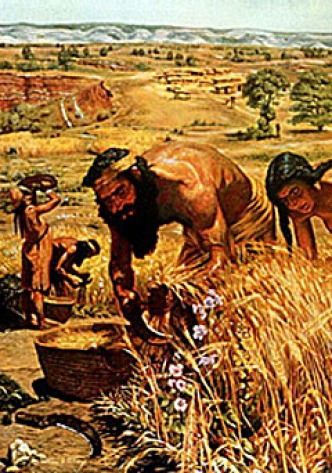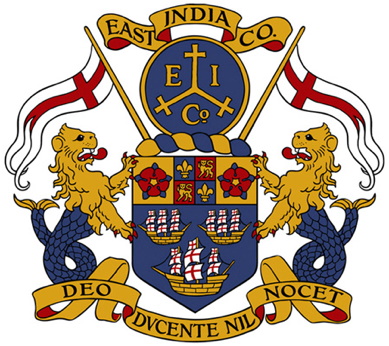The argument can go on and on
regarding which plant has had the greatest impact on world history. While personally, my biased answer is tobacco
because it basically founded and developed America, I will discuss how grains
(barley, wheat, and other cereals) had one of the greatest impacts on world
history, and still have a humongous impact on history to this day.
Grains are without a doubt one of
the most essential food crops on this planet.
They provide a support or “staff” of life for the majority of
individuals on Earth. Historically,
cereal grains have fueled the growth of civilization, and as societal development
and population continue to grow, the world’s dependence on grains is
inevitable.
 The
importance of the Neolithic Revolution is monumental. It marks a turning point for humanity where
the domestication of plants (grains) and animals led to a change in everyday
lifestyle from nomads and hunter gatherers to farmers and villages. The domestication of these cereal grains
(paired with the domestication of animals) allowed people to provide more food
for themselves, leading to an increase in population, where people began living
closer together, increasing communication and building society. As society developed, new ideas led to
greater efficiency, leading to larger populations, more buildings, writing,
currency, governments and so on.
The
importance of the Neolithic Revolution is monumental. It marks a turning point for humanity where
the domestication of plants (grains) and animals led to a change in everyday
lifestyle from nomads and hunter gatherers to farmers and villages. The domestication of these cereal grains
(paired with the domestication of animals) allowed people to provide more food
for themselves, leading to an increase in population, where people began living
closer together, increasing communication and building society. As society developed, new ideas led to
greater efficiency, leading to larger populations, more buildings, writing,
currency, governments and so on.
From the
domestication of grain came the inadvertent creation of beer, which apparently
where barley in a pot combined with rainwater and wild yeast yielded this fine
drink. The importance of beer was
humongous as well; hundreds of years later when people started to boil and brew
beer in Mesopotamia it was actually very important because it was a safe
alternative to dirty water.
To
conclude, the importance of grain leading to the domestication of plants and
animals and the Neolithic Revolution was a vital part in human history. Without grains and the Agricultural
Revolution, civilization would not be where we are today.
Check this site out! http://studymagazine.com/wp-content/uploads/2011/04/Beer-Making-Programs.jpg
Photo Sources: http://genesisgroup.weebly.com/uploads/4/0/2/9/4029310/3458986.jpg?332
http://onebuffmama.files.wordpress.com/2013/07/grains.png
http://onebuffmama.files.wordpress.com/2013/07/grains.png




